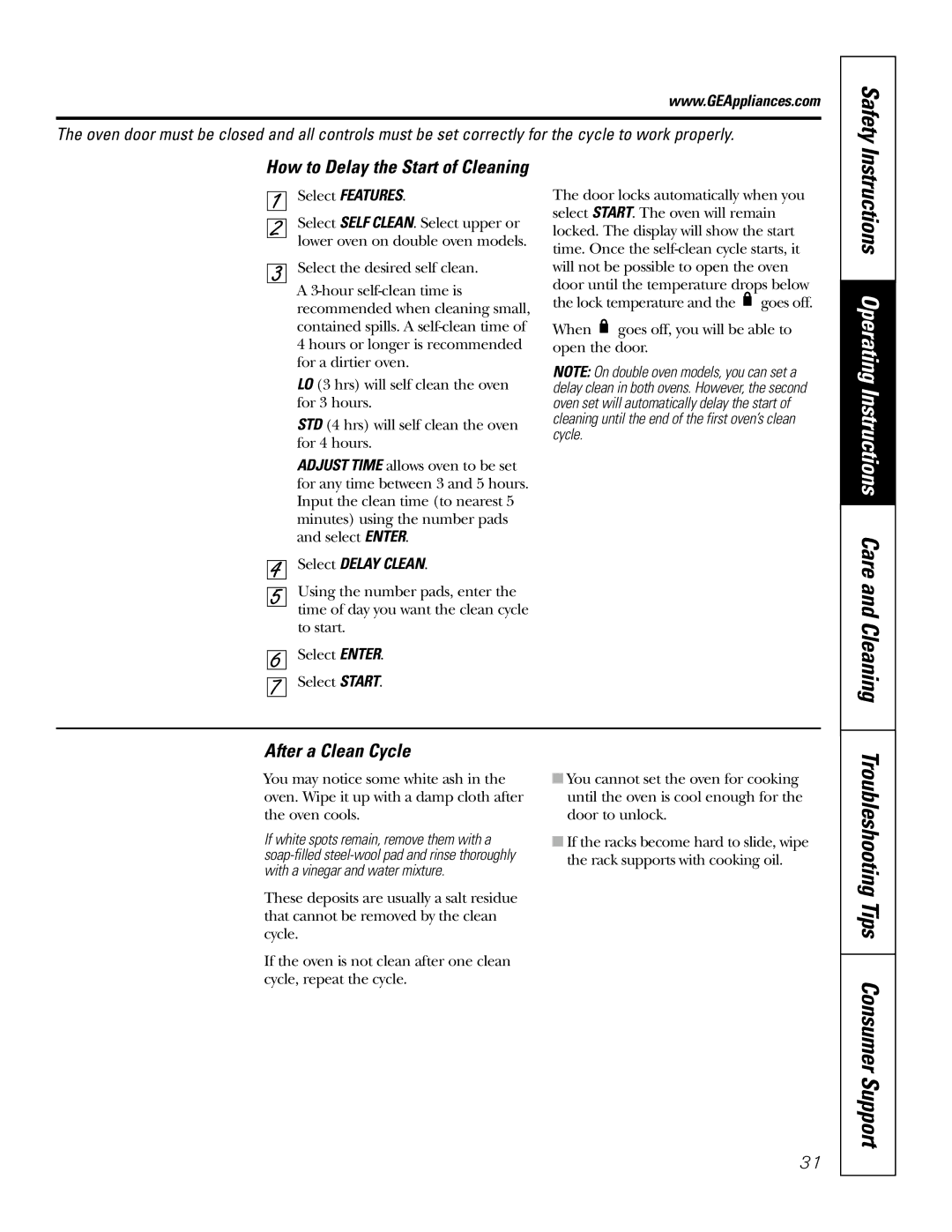JT930, JT980 specifications
General Electric (GE) has made significant strides in the power generation and industrial equipment sectors, and their models ZET3038, ZET3058, JT980, and JT930 are testament to this commitment to excellence. Each of these models offers a unique blend of features, technologies, and characteristics designed to meet the diverse needs of modern industries.The GE ZET3038 is a robust turbine engine that excels in flexibility and efficiency. Its design incorporates advanced materials that enhance durability while minimizing weight. One of the outstanding features of the ZET3038 is its modular architecture, which allows for easy maintenance and upgrades. The engine is equipped with a state-of-the-art digital control system, providing real-time monitoring and optimization of performance. This capability reduces downtime and maximizes operational efficiency, making it an ideal choice for industries requiring reliable and consistent energy output.
Moving on to the GE ZET3058, this model builds on the strengths of the ZET3038 but offers enhanced power and efficiency. It features a larger turbine and advanced aerodynamic profiles, resulting in improved fuel efficiency and reduced emissions. The ZET3058 is known for its operational versatility, being suitable for both peaking and base-load operations. Its integrated diagnostic systems allow for predictive maintenance, which significantly extends the lifespan of the components and reduces overall operational costs.
The JT980 is one of GE's high-performance jet engines, designed primarily for commercial aviation. It boasts advanced combustion technologies that ensure lower NOx emissions, meeting stringent environmental regulations. The JT980 incorporates sophisticated electronic systems for enhanced fuel management and efficiency optimization, greatly improving operational economics for airlines. Its lightweight construction contributes to overall aircraft performance, enabling higher payload capacities and reduced fuel consumption.
Lastly, the JT930 engine is tailored for regional and business aviation markets. It features a compact design and employs the latest in materials technology to achieve a balance between performance and cost-efficiency. The JT930 is recognized for its quiet operation and low environmental impact, making it a favorable choice for operators concerned about sustainability. Its straightforward maintenance procedures ensure that aircraft downtime is kept to a minimum, allowing for more flights and increased revenue potential.
In summary, the GE ZET3038, ZET3058, JT980, and JT930 showcase a spectrum of innovative technologies and design philosophies aimed at delivering high performance, efficiency, and reliability across various applications. Each model reflects GE's commitment to advancing industrial capabilities through cutting-edge engineering solutions.

